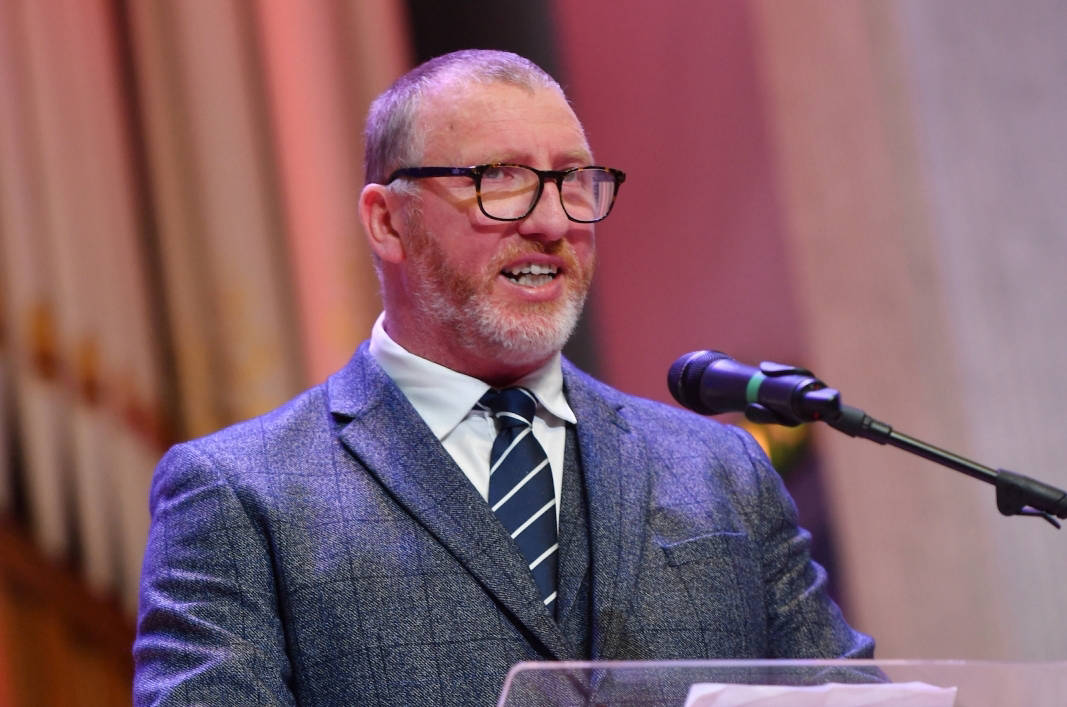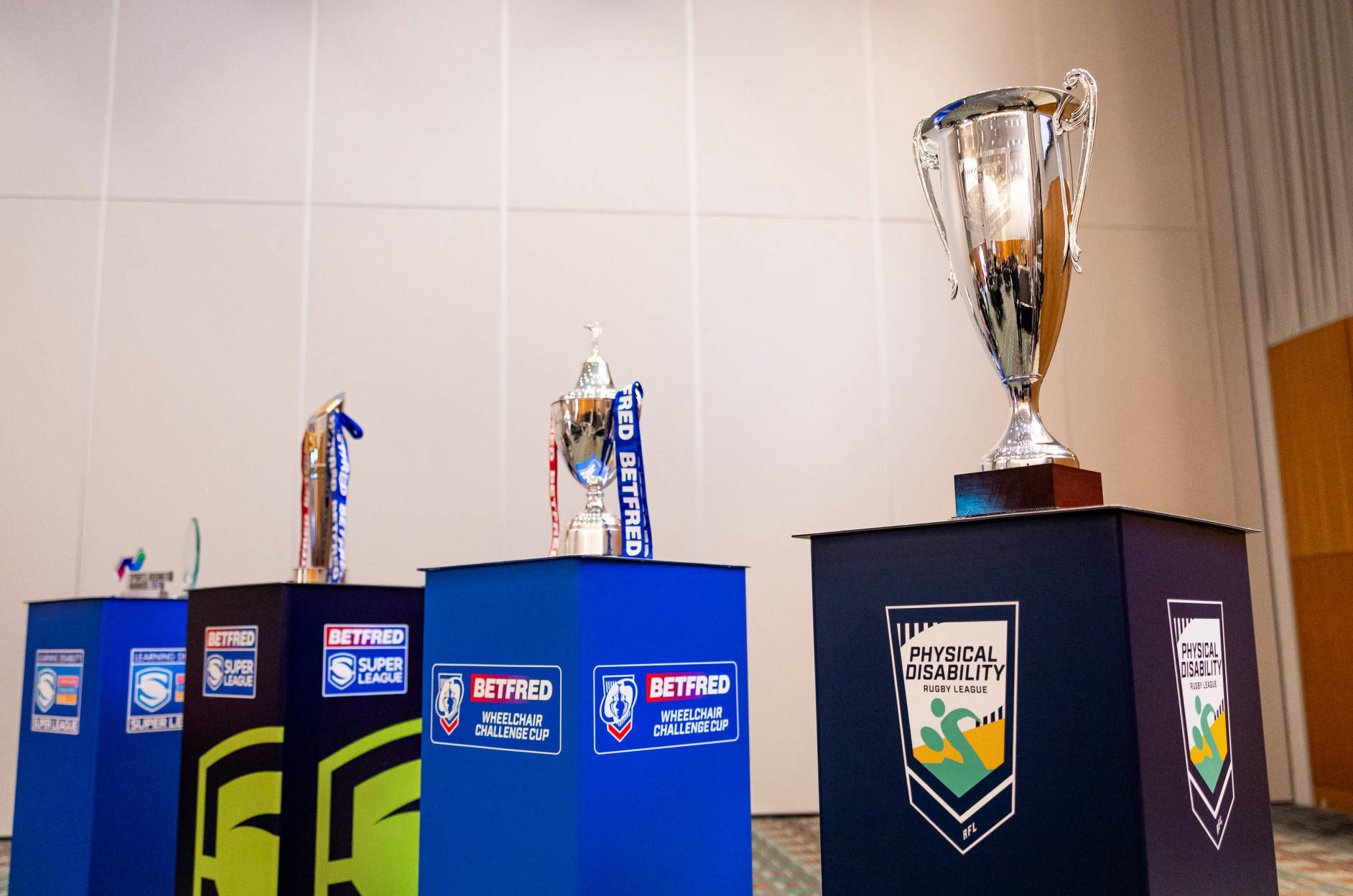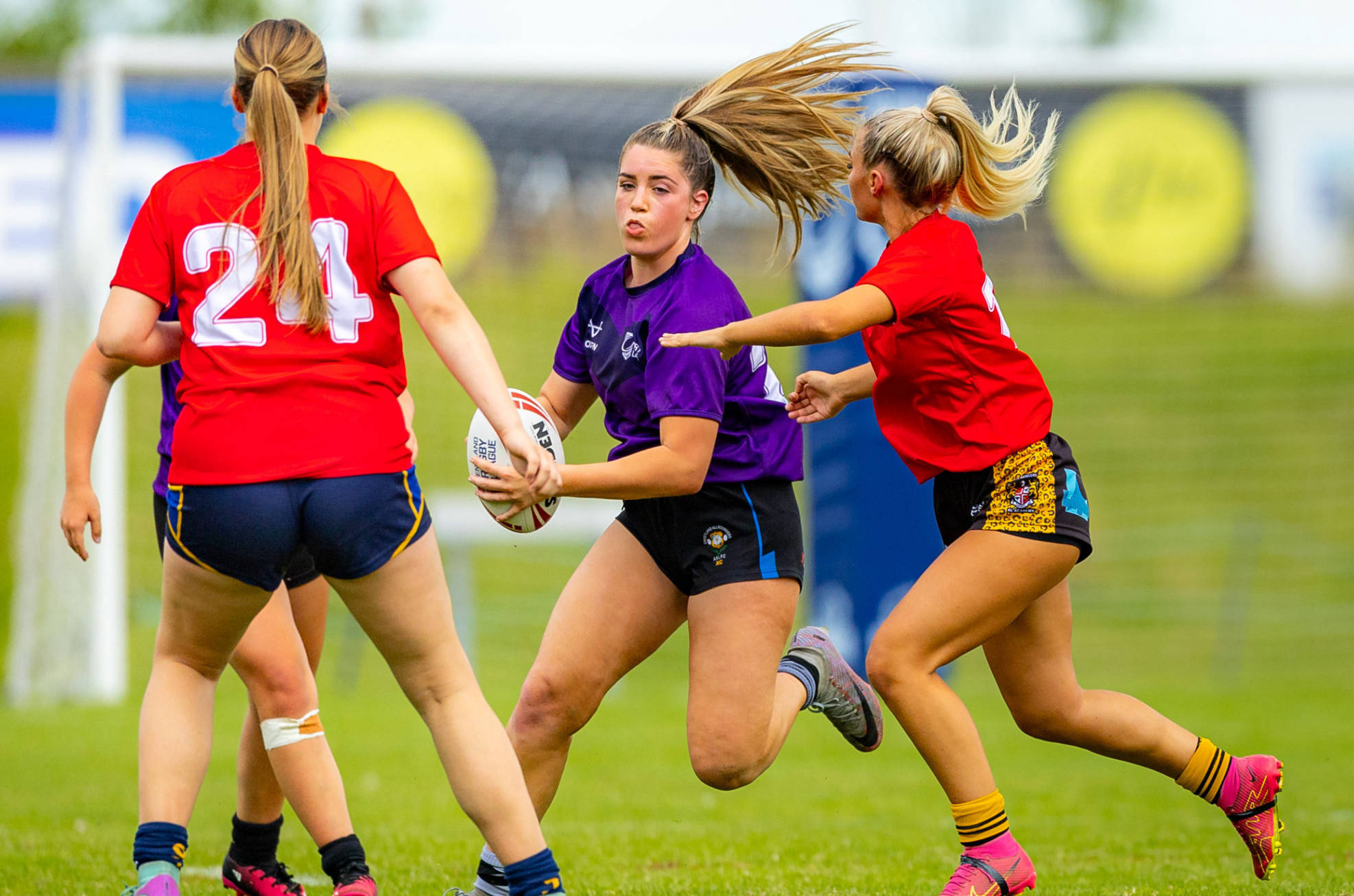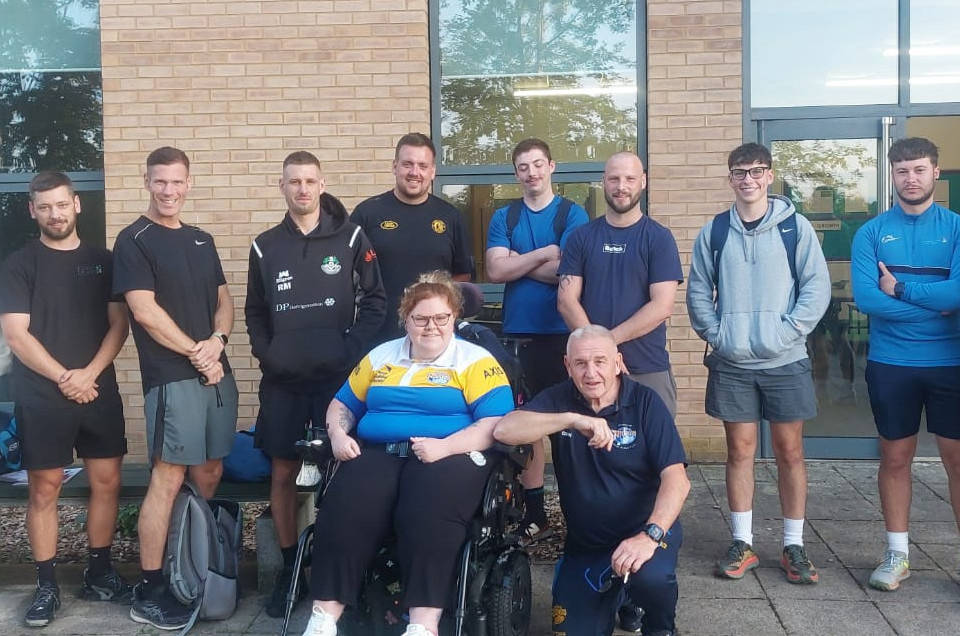
Tuesday 25 May 2021 marks one year since George Floyd, an unarmed Black man, was murdered by a white police officer, Derek Chauvin, in Minneapolis, USA.
Floyd’s murder fuelled an international movement for social justice, Black Lives Matter, that reached all parts of the globe – including Rugby League. When the Betfred Super League season resumed last August, match officials and players from all sides – in common with athletes from across the sporting world – took the knee as a gesture of support for anti-racism.
But the challenge for all of us was to go beyond the gesture, to look in the mirror and ask ourselves whether we wanted to be part of the problem or part of the solution. It meant listening and learning from the lived experience of Black players and coaches, volunteers, administrators, fans and external partners. There were difficult conversations and some home truths told. It was a real process of self-examination for everybody else involved.
In Rugby League we’d always been proud of our record on racial diversity and the outstanding contributions from players such as Clive Sullivan, who in 1972 became the first Black captain of any British national sporting side. Rugby League was born out of injustice. Wasn’t social justice part of our DNA? Did we really have that much to learn? As a result of those difficult conversations the answer was a resounding ‘yes’.
The world was changing; Rugby League wasn’t changing fast enough. In 2020, was the game graced down the years by the likes of Billy Boston, Ellery Hanley, Martin Offiah and Jason Robinson as diverse as we would wish? The truth is that wWhen spectators returned last week, Black faces were few and far between.
The reality is that our sport is not fully representative of our communities – on professional or community pitches, in boardrooms and clubhouses, on the terraces and out in those communities. And this means that Rugby League misses out on immense talent, passion, skills and experience, as well as opportunities to connect, learn, grow, and expand.
Yet we know that Rugby League can be a powerful force for good. We saw that throughout the pandemic with the fantastic work of clubs and foundations within their communities, and we see it through the many variations of our sport now on offer.
Rugby League can be, and wants to be,also be an actively anti-racist sport. Some people don’t think racism exists in Rugby League, but the reaction on RFL social media channels at any mention of Black Lives Matter tells a different story.
There will be a reaction to this letter. And some of the criticism will be justifiable. Are we changing quickly enough? Are we strong enough on racism? Are we getting the balance right between enforcement and education? Where is the diversity within the RFL?
We too are considering these questions. Last October, in Black History Month, we introduced Tackle It, our four-year action plan to make Rugby League a truly inclusive sport. Through Tackle It we aim to widen the reach and impact of Rugby League, diversify the game's talent pool, improve the culture of Rugby League and tackle racism.
Responsibility for delivering against the plan rests with a wide range of organisations, including the RFL, Super League (Europe), professional and community clubs, RL Cares and RLWC2021. Actions speak louder than words and it’s down to all of us to deliver. It’s a collective effort and an Inclusion Board has been appointed to hold us accountable to the plan.
A truly diverse and inclusive Rugby League is a stronger Rugby League. It shouldn’t have taken the murder of a defenceless Black man on the other side of the Atlantic to bring that home to us, but to some extent it did.
George Floyd, may you rest in power and peace.





